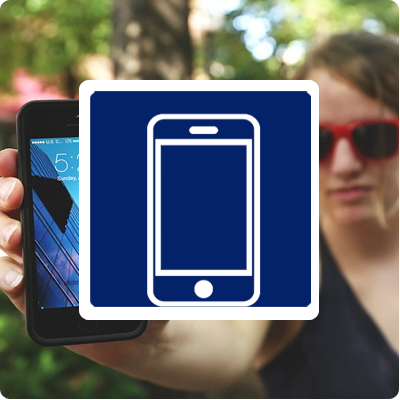Het arrangement Thema Me and my phone - hv3 is gemaakt met Wikiwijs van Kennisnet. Wikiwijs is hét onderwijsplatform waar je leermiddelen zoekt, maakt en deelt.
- Auteur
- Laatst gewijzigd
- 24-06-2025 20:06:12
- Licentie
-
Dit lesmateriaal is gepubliceerd onder de Creative Commons Naamsvermelding-GelijkDelen 4.0 Internationale licentie. Dit houdt in dat je onder de voorwaarde van naamsvermelding en publicatie onder dezelfde licentie vrij bent om:
- het werk te delen - te kopiëren, te verspreiden en door te geven via elk medium of bestandsformaat
- het werk te bewerken - te remixen, te veranderen en afgeleide werken te maken
- voor alle doeleinden, inclusief commerciële doeleinden.
Meer informatie over de CC Naamsvermelding-GelijkDelen 4.0 Internationale licentie.
Aanvullende informatie over dit lesmateriaal
Van dit lesmateriaal is de volgende aanvullende informatie beschikbaar:
- Toelichting
- Dit thema valt onder de arrangeerbare leerlijn van de Stercollecties voor Engels voor havo en vwo, leerjaar 3. Dit is thema 1 'Me and my phone'. Het thema omvat de volgende onderwerpen: Having a mobile phone, Using a mobile phone, Phone addiction en Without a phone. De grammaticaopdrachten gaan over past simple, past perfect en present perfect.
- Leerniveau
- HAVO 3; VWO 3;
- Leerinhoud en doelen
- Engels;
- Eindgebruiker
- leerling/student
- Moeilijkheidsgraad
- gemiddeld
- Studiebelasting
- 9 uur 30 minuten
- Trefwoorden
- arrangeerbaar, engels, having a mobile phone, hv3, me and my phone, phone addiction, stercollectie, using a mobile phone, without a phone
Gebruikte Wikiwijs Arrangementen
Leermateriaal, StudioVO. (z.d.).
Me and my phone hv123
VO-content - Toetsen. (z.d.).
Engels Eindtoetsen vmbo-kgt34
https://maken.wikiwijs.nl/157914/Engels_Eindtoetsen_vmbo_kgt34
VO-content Engels. (2019).
Having a mobile phone - hv3
https://maken.wikiwijs.nl/151027/Having_a_mobile_phone___hv3

 Welcome to the first theme of English
Welcome to the first theme of English


 Below are the four lessons that belong to this topic.
Below are the four lessons that belong to this topic.
 You have completed the lessons of this theme.
You have completed the lessons of this theme. I'm a mobile phone addict and I'm not sure if I'm proud
I'm a mobile phone addict and I'm not sure if I'm proud






